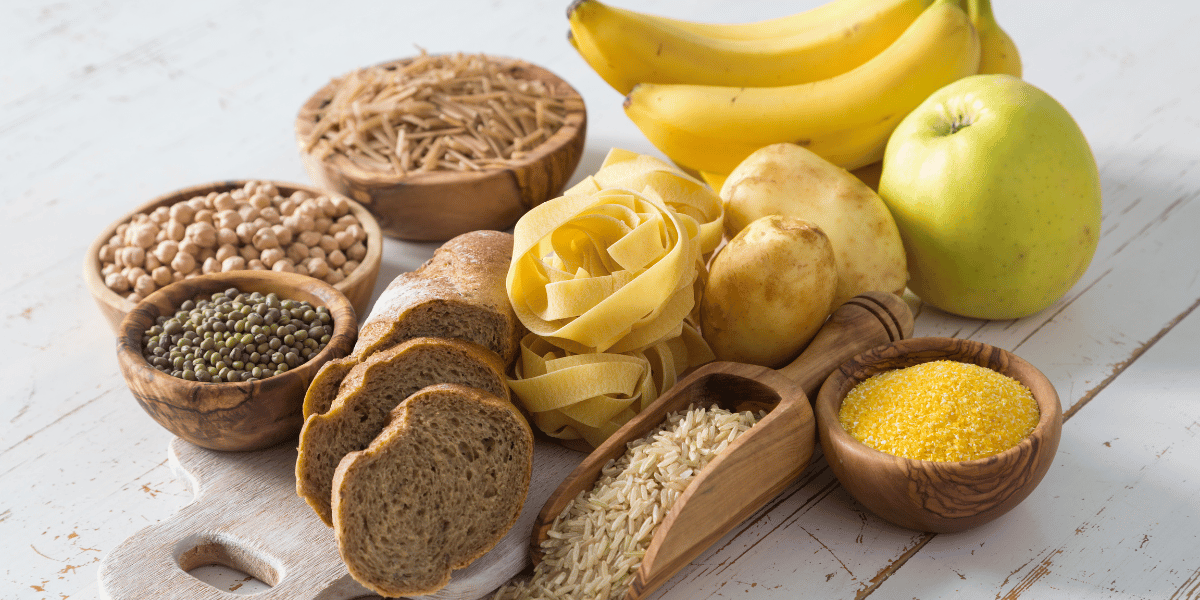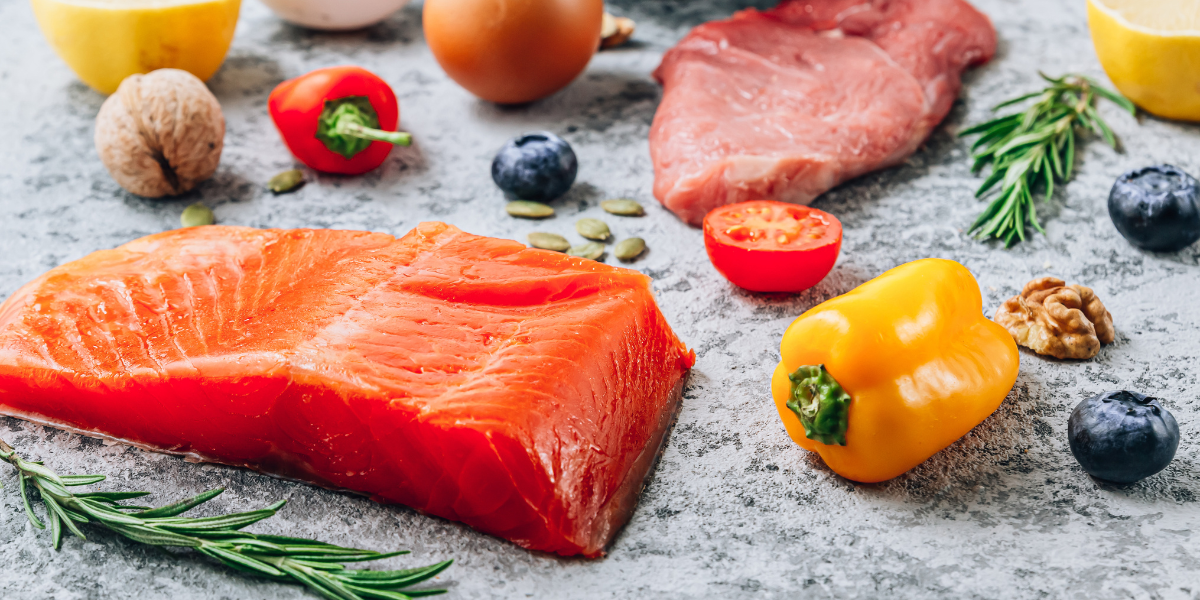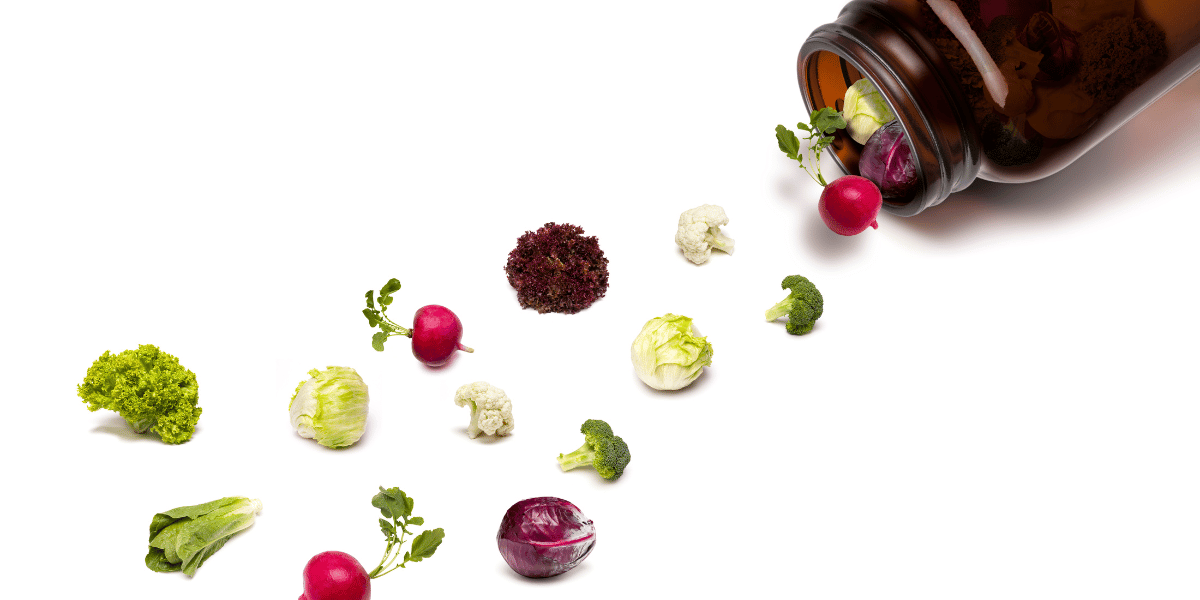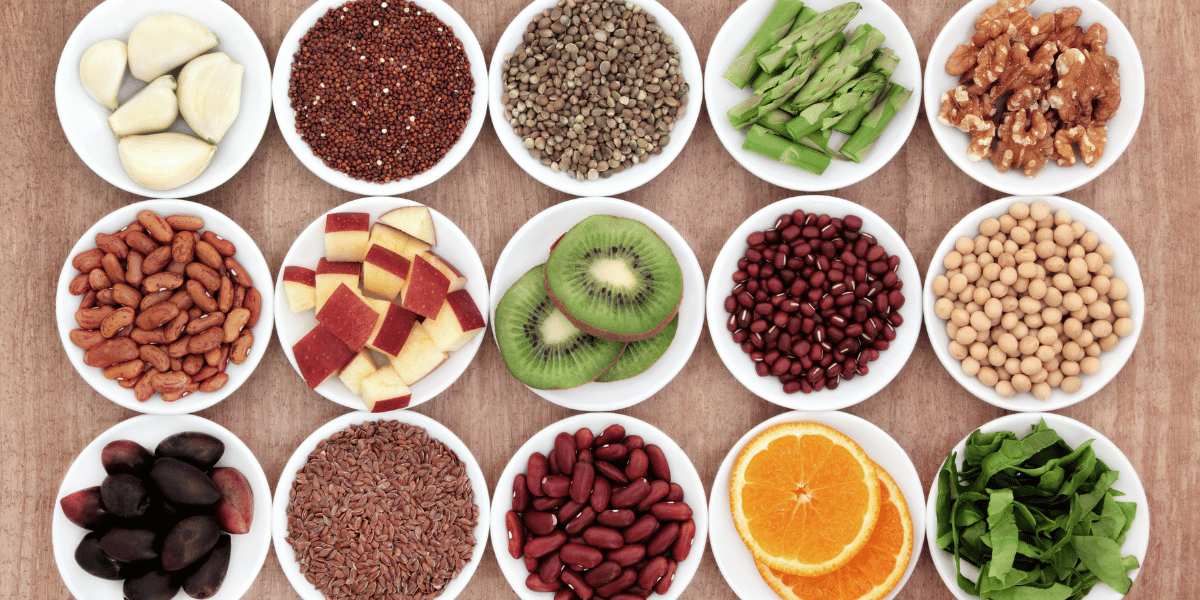FODMAPs & SIBO: What Are They and How Do They Impact Health?
It's no secret that the foods you eat affect your overall health and physical ability. However, many people are surprised to learn that hidden food...
.png?width=70&height=70&name=Stark_LogoMark%20(1).png)

Starchy foods have long been a staple in human diets, providing a significant source of energy and essential nutrients, from potatoes and rice to bread and oats. However, a lesser-known player in the world of carbohydrates is resistant starches. These unique compounds offer a range of health benefits beyond your typical starches. In this article, take a closer look into the world of resistance starches, exploring what they are, how they are formed, their benefits, and how you can incorporate more resistance starches into your diet!
Resistant starches are starches that resist digestion in the small intestine. Rather than being broken down into glucose and absorbed, they remain intact as they pass through the digestive system. Once they reach the large intestine, they serve as fuel for beneficial bacteria. This makes resistant starches a type of prebiotic, supporting a healthy balance of bacteria in the gut microbiota.Regular starches can turn into resistance starches through a simple process of cooking and cooling. When starches are heated with water, they absorb water and become easier to digest. Then the cooling process causes some starch molecules to restructure into a form that resists digestion. This process, called retrogradation, creates the special properties of resistance starches. However, it's worth mentioning that not all starches have this ability. Processed and refined starches, like those in white bread and highly processed snacks, lack this quality.
Resistance starches are highly beneficial for our overall health. They act as a valuable source of nutrition for the trillions of microorganisms in our gut. By consuming resistance starches, we nourish these beneficial bacteria and promote their growth, which in turn supports our health. They have been found to improve gut health in other ways as well, like promoting fermentation in the large intestine that produces short-chain fatty acids, which provide energy to the cells in the colon and create a healthy gut environment. These fatty acids also help reduce inflammation and support the integrity of the intestinal barrier.
Furthermore, the slow digestion of these starches means glucose is released into the bloodstream at a gradual pace. This makes resistance starches a great choice for individuals with diabetes or anyone seeking to manage their blood glucose levels.
Incorporating resistance starches into your diet is simple and rewarding. By making small adjustments to your cooking and meal prep, you can enjoy the perks of these special carbs. This is a commonly overlooked benefit of meal prepping- just the simple act of storing cooked food in the fridge or freezer to reheat later can boost your intake when those meals include starchy foods like potatoes, plantains, or rice. The same applies to toasted rice bread, which is another reason why it is one of our favorite gluten-free bread options!
Another way to get more of this beneficial compound from your diet is by incorporating more legumes, like beans and lentils, into your meals, as these foods are naturally a rich source of resistance starches.Resistant starches are a valuable addition to your diet as they provide a variety of health benefits. They resist digestion in the small intestine and promote healthy gut microbiota, leading to improvements in blood sugar regulation, gut health, and overall well-being. you can effortlessly incorporate these beneficial compounds into your diet by cooking and cooling starchy foods or including resistant starch-rich foods in your meals regularly. Go ahead and give it a try- your gut will thank you later!

It's no secret that the foods you eat affect your overall health and physical ability. However, many people are surprised to learn that hidden food...

Gut health is incredibly important to overall well-being - it can affect our immune system, metabolism, brain function, and hormones. Unfortunately,...

Are you feeling tired, bloated, or suffering from frequent headaches? Have you experienced sudden weight gain or changes in your skin? If so, it may...